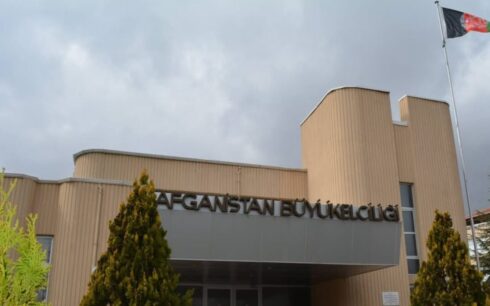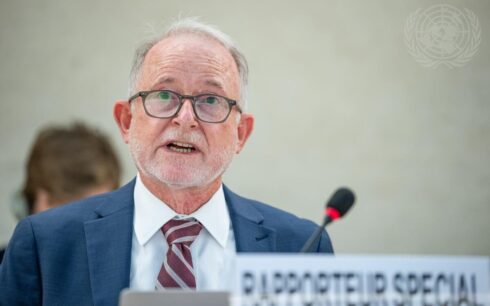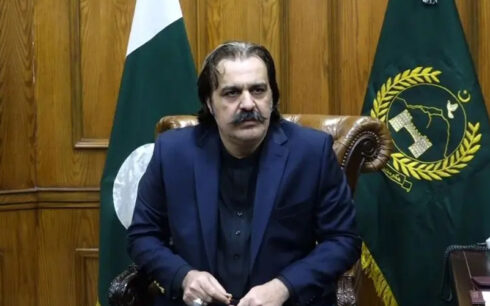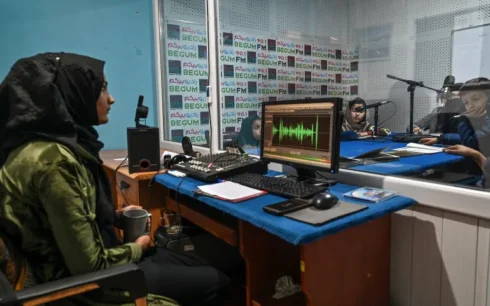Sirajuddin Haqqani, the Taliban’s acting minister of interior affairs, has lashed out at unnamed Taliban leaders and accused them of “monopolizing power”.
Addressing a religious gathering in Khost, his support base, on Saturday, he voiced his frustration with the situation.
Without actually naming anyone, Haqqani spoke about the “monopolization of power” and “defaming the system” and “challenging it” and said the situation is unacceptable.
“Today, we’re considering it our right to challenge, monopolize and defame the whole system and it has become common,” he said.
Haqqani also criticized the international community for its “increasing pressure” which he says is aimed at their “humiliation”.
“We have addressed our commitments to the world and we ask them to not look for excuses when it comes to our recognition,” Haqqani said. “We seek legitimate engagement with the world.”
“Our conscience does not accept this. We shout in sessions that we want engagement with the world and want to remove the restrictions. We do this only and only for the people,” he said.
Haqqani’s harsh words follow the ongoing clampdown on freedom for women and girls in the country. Last year, the Taliban’s supreme leader issued a decree banning girls from attending school. In December, he followed this up with another two decrees – one banning women and girls from getting a university education and another banning women from working for NGOs.
Rifts among Taliban leaders
Experts have meanwhile said that there are growing rifts within the Taliban ranks.
Rahmatullah Andar, the former national security council spokesman, said the rifts have been in place for some time. Before coming to power, the Taliban had been loyal to their supreme leader, or emir. But now there are rifts between the ministers and the emir, Hibatullah Akhundzada, he said.
According to him, senior Taliban officials such as Abbas Stanekzai have often shown their objection to the ban on women’s education and the way in which the Taliban engages with the world.
Referring to Haqqani’s remarks, he said Haqqani implied Hibatullah was monopolizing power and imposing his thoughts on the people, which according to Haqqani, will lead to the “defamation” of the system.
“The remarks by Sirajuddin Haqqani show the intensity of the power struggle among the Taliban,” said Noorullah Raghi, an analyst.
Hibatullah Akhundzada is an Afghan Islamic scholar, cleric, and jurist who is the supreme leader of the Taliban, which he has led since 2016. He came to power after the death of his predecessor Akhtar Mansour.
Hibatullah has however remained a reclusive figure. He is never seen in public, there is only one undated photograph of him and no videos – only a few audio recordings exist, of speeches supposedly by him. Haqqani meanwhile has been a deputy leader of the Taliban since 2015. He was appointed to his ministerial role after the Taliban came to power in August 2021. He also led the Haqqani network, a semi-autonomous paramilitary arm of the Taliban, since 2018. Today, as the Taliban’s interior minister, he has control over much of the country’s internal security forces.





